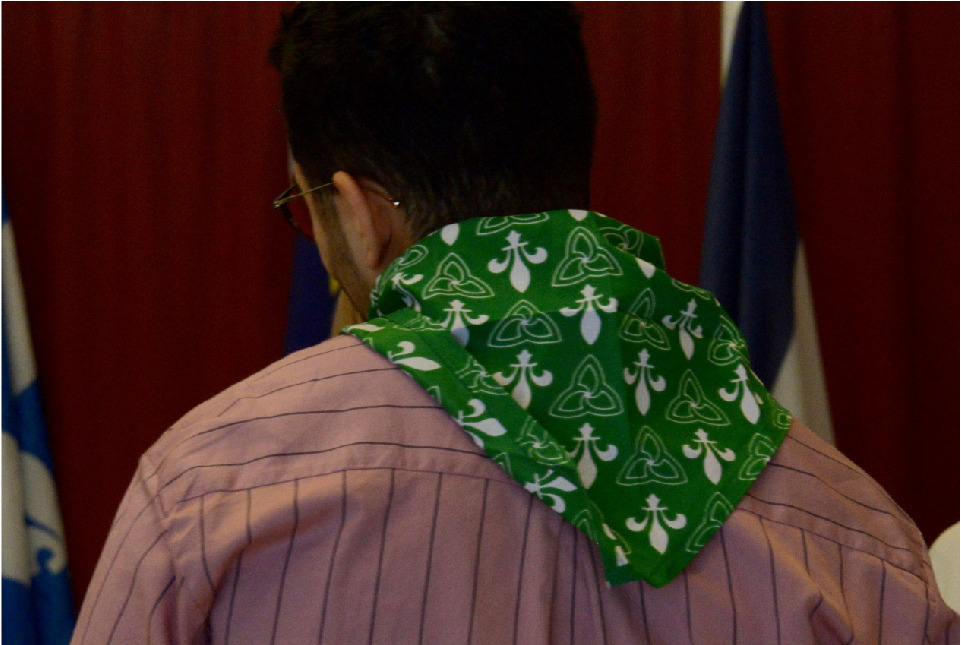Among the objectives of its 2020-2025 Strategic Plan, Leading Innovation for a Healthier World, the University of Ottawa’s Faculty of Medicine established the goal of expanding its bilingual program offerings, including the creation of the first Canadian undergraduate Doctor of Pharmacy (PharmD) program outside of Quebec.
This project, particularly dear to the University president and the dean of the Faculty of Medicine, stems from previous unsuccessful attempts to establish such a program, along with a variety of recent anecdotal evidence suggesting a genuine interest in, and a clear need for, such a program.
The Faculty of Medicine’s office of Francophone Affairs, responsible for moving this project forward under the guidance of a pan-university committee, conducted internal analyses. In addition, an external firm was mandated to perform a needs analysis, helping to better understand the environment and to document the need for a pharmacy program in French and the interest of young people in such a program in Ottawa.
This work made it possible to build a case that can be summed up in five points:
- The research shows that Francophones in minority communities across Canada are in poorer health (perceived and actual) than the Anglophone majority. While language is not considered to be a health determinant, it plays a key role with regard to access to health services, quality of care and patient safety.
- Although over the past 20 or 25 years, considerable effort has gone into implementing training programs for Francophone health professionals nationwide, pharmacy has not benefited from this momentum. This could explain the fact that outside Quebec, the proportion of pharmacists able to speak French is significantly underrepresented compared with other health professionals.
- The pharmacist’s role has evolved in recent years to include a broader range of primary care services. The patient now looks to the pharmacist to receive treatment that, in the past, was provided by a physician or other health professional.
- In addition to these changes in the pharmacist’s scope of practice, the demand for these health professionals is likely to increase in the coming years given population growth, the aging population, the increasing complexity of health care, the development of new drugs and an increase in the amount of medication prescribed.
- The elements listed above, the existing data consulted, as well as the data collected specifically to assess the implementation of the program, are unanimous on the current and future need for French-speaking pharmacists in Canadian Francophone communities.
Overall, an additional 749 French-speaking pharmacists will be needed in Canada outside of Quebec by 2026. The training of pharmacists in French in Ottawa is therefore the best option to meet the challenge of offering pharmaceutical services and care in French, to address anticipated shortages and to make the profession accessible to the Francophone minority. Moreover, on this last point, the data show a definite interest in such a program on the part of young Francophones in minority communities. The creation of this school also aligns with the Faculty’s ongoing and emerging research initiatives in areas such as drug discovery and innovative therapeutics.
Following the documentation on need and interest, a team of experts was set up to realise the project down to the smallest details. Although the work is still in progress, it is expected that the training of future pharmacists will be adapted to local needs and will focus on some of the most innovative learning elements, including the competency-based approach; active and experiential learning; a spiral curriculum; planned formative and certification assessment; and interprofessionalism.

